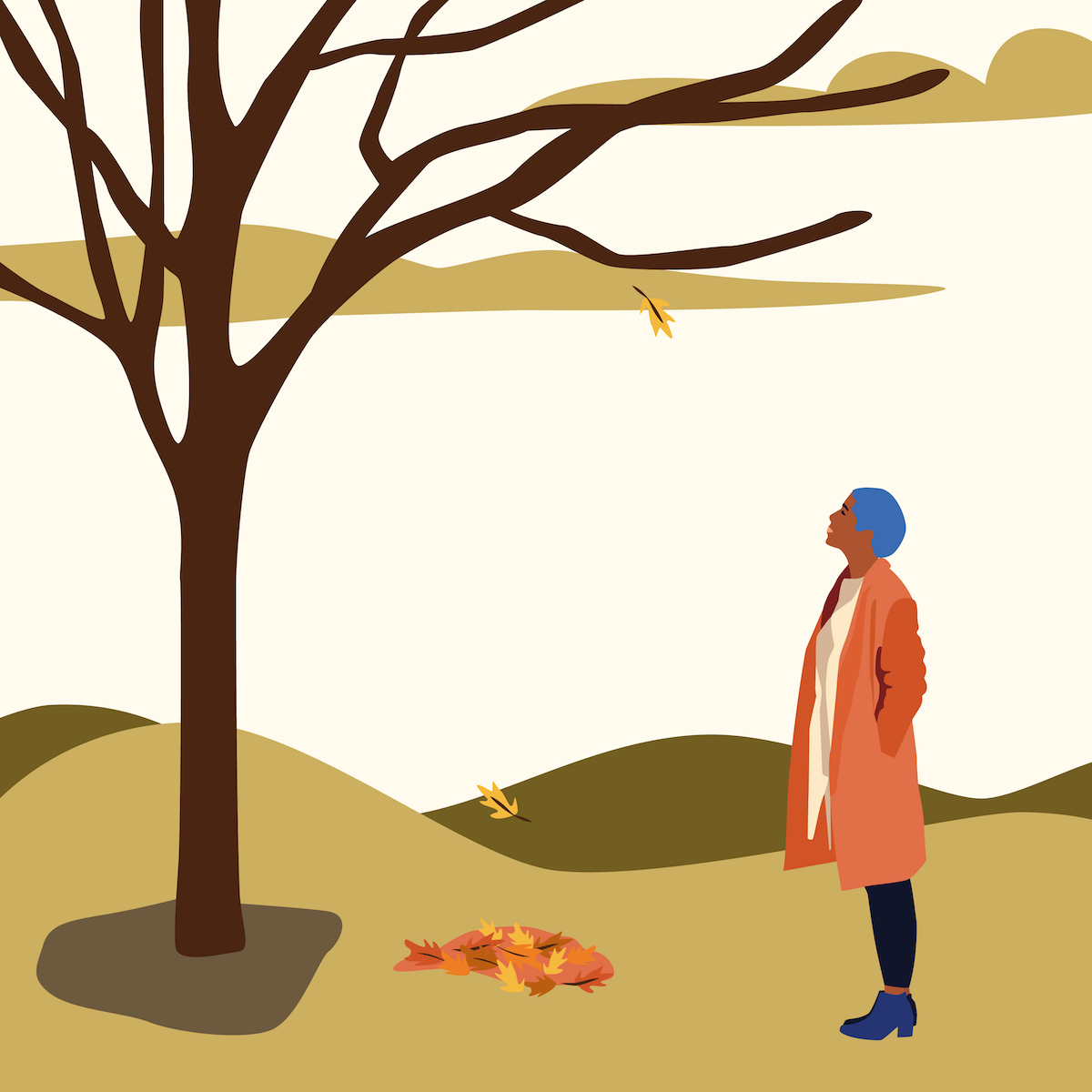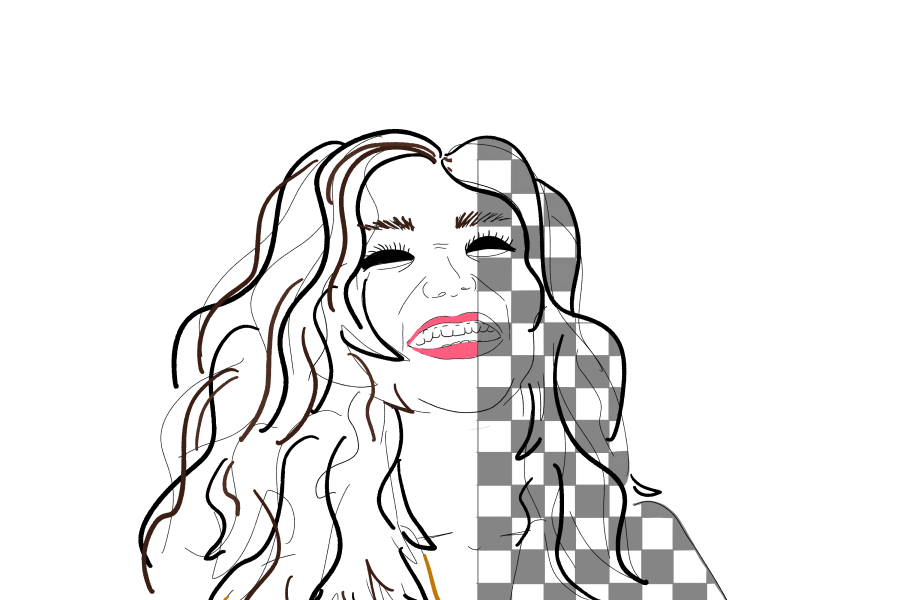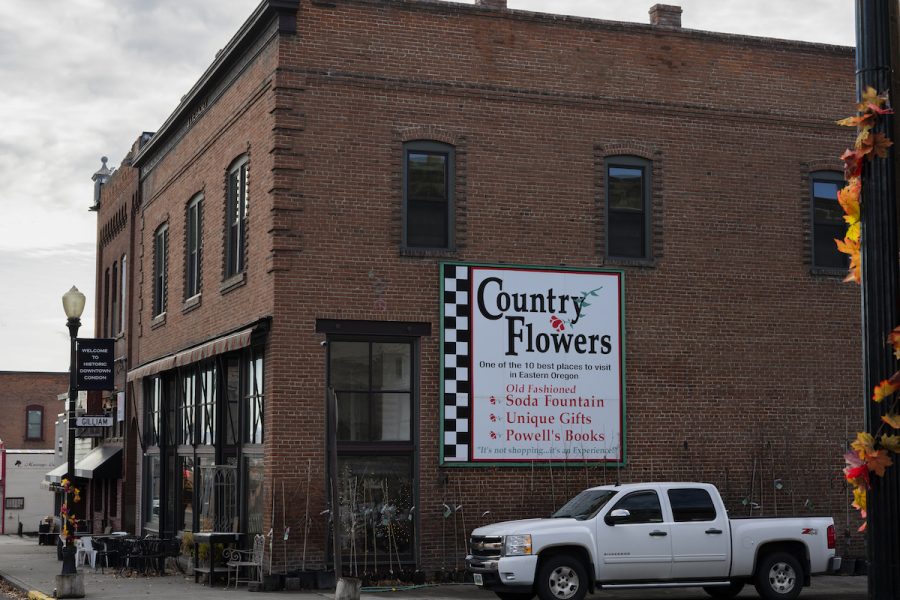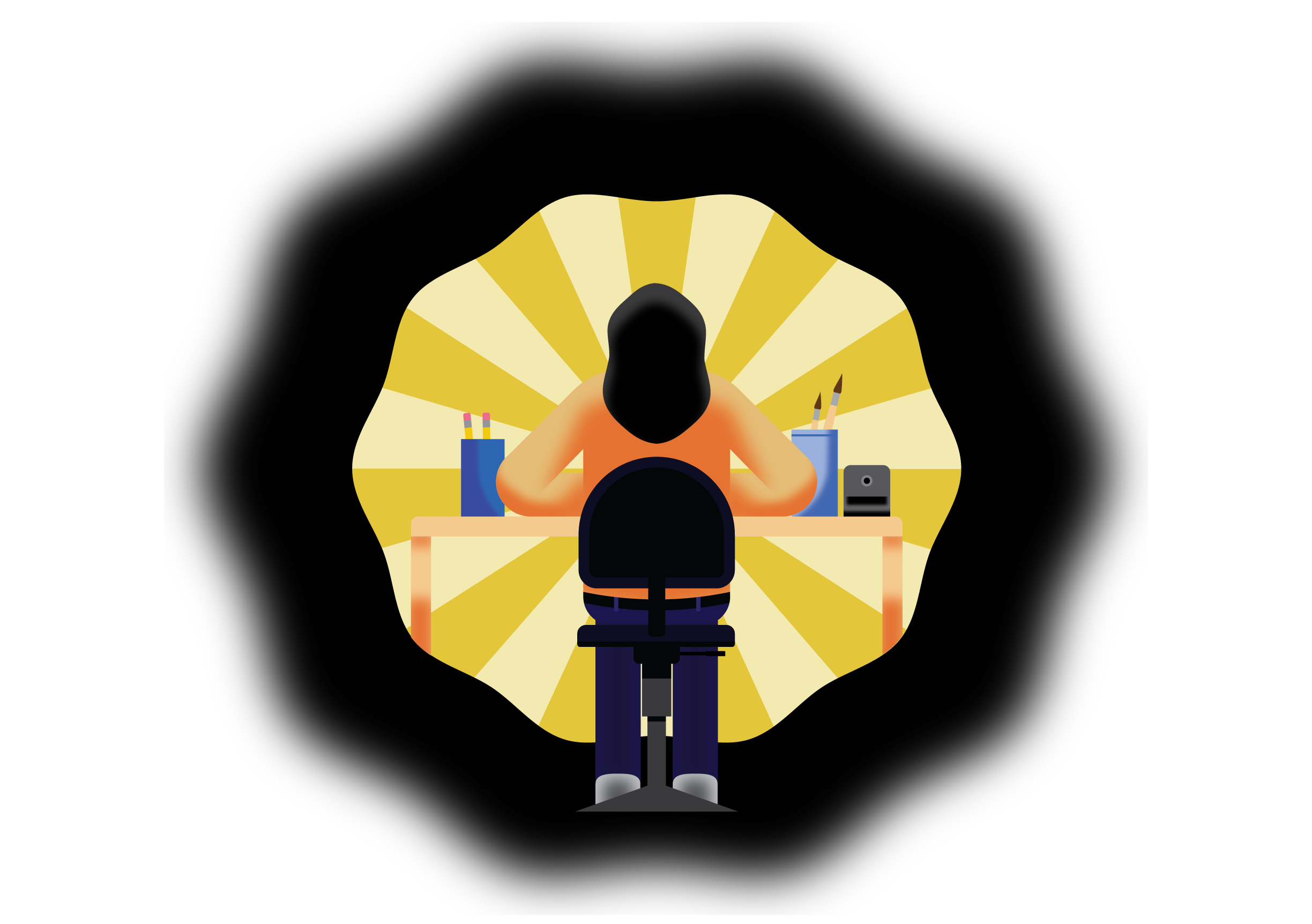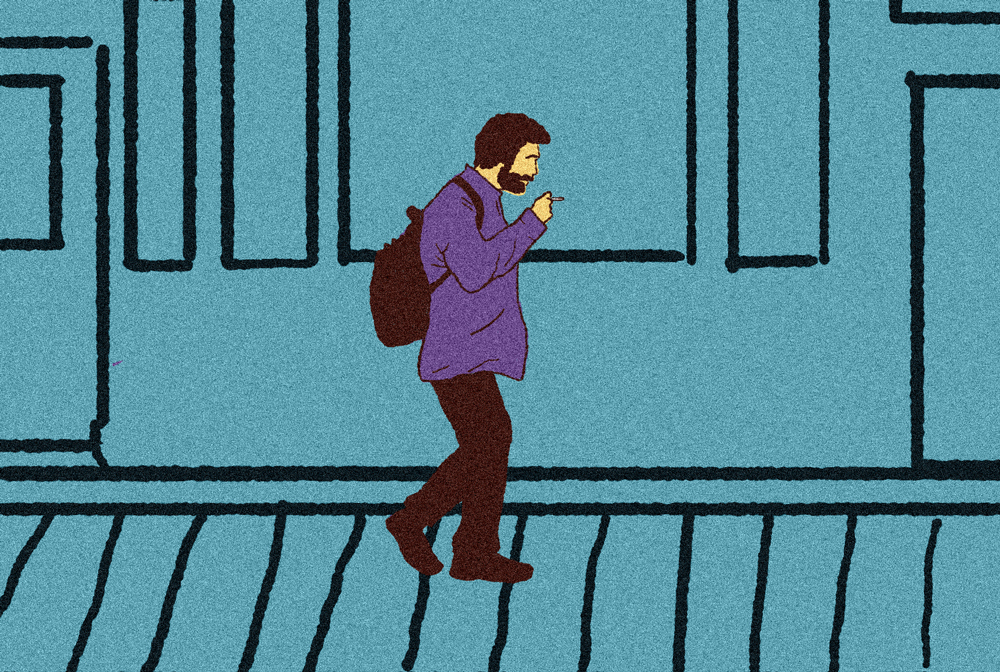The past two years have been collectively traumatizing—we continue to endure the unrelenting waves of a deadly global pandemic with all of its attendant isolation, upending of social ritual and connection. The reactionary forces of white supremacy and patriarchy have arisen violently in response to the strides our society has made in challenging all forms of oppression. The climate crisis has intensified even quicker than scientists had thought possible, and the opioid epidemic is right on the heels of COVID-19 in the taking of innocent lives.
In the midst of all of this, we have seen the concept of self-care cynically commercialized and branded to sell merchandise. Our society also still seems to have an aversion to the open discussion of mental health. A case in point—Michael Che’s new Netflix special Shame the Devil may not be his finest work, but his parting thoughts about how our society is only just now acknowledging the mental health of Black people were profound.
All of these threads could be nurtured into deeply fascinating discussions of their own accord, but, as fall term closes, we can and should heal and nurture ourselves with the frigid short days of winter setting in. For many of us, the holidays are also a time of increased stress and depression remembering all whom we have lost, coming face-to-face with our dysfunctional families—or lack of family—and reflecting on the year that just passed.
An important first step in activating self-love and healing is to stop fidgeting with in-progress projects and all of the streams of thought that arise. Stop listening to that inner critic and just sit with the present moment as it unfolds.
This can take the form of mindfulness meditation, it can take the form of leaving your phone or computer in another room and just staring at the wall, it can be sitting in the bathtub and just counting your breaths. When we pause and actually take stock of subtle things that are happening around us, we are better able to see clearly what is happening within us.
I am very personally and deeply drawn to Zen Buddhist practice in my own life, and, though I used to identify as an avowed atheist, I think there are ideas and practices that can benefit all of us from all kinds of traditions. One such idea is borrowed from the Plum Village traditions of Thich Nhat Hanh: “Whenever a bell sounds, everyone pauses in what they are doing. It is a chance to stop and to take a few breaths in full awareness.”
One doesn’t have to live near the sounding of church or temple bells or even use an app to integrate something like this. Relish noticing very subtle changes in daily life: the sun breaking through an overcast day for a few brief moments, leaves rustling and dancing on the wind as they fall from the trees in the autumn, observing a kind interaction between two strangers, a luscious smell when walking into a cafe or restaurant. It doesn’t really matter what you focus on—that will be personal—but the important part is that this invites presence of mind.
When we are able to stop with our preoccupations and anxieties about the future or the past, a beautiful space opens up. It is like the space between breaths. All of us need this space, as it is a pause that allows us to collect ourselves. In that space, it can also become apparent that the boundaries between seemingly separate elements tend to soften and dissolve. We remember that we are interconnected and interdependent, and that these relationships with one another—and with existence as a whole—are so vivid and important. Much more important than the things we often stress about.
In such liminal spaces, we are free. That lightness and unburdening of ourselves is crucial to better mental health. So, this winter, you are encouraged to pause. Relax into the moment and stop trying to do something all of the time. As Claire Miller in the design program here at Portland State expressed with a recent post, “It’s ok to be mediocre.”
Failure is beautiful and we learn through it. We can stop being so afraid of failure, judgement, isolation and ridicule, if we remember that we are held by one another, by space and by beautiful moments that keep happening. The question is, are we noticing them? This is not to downplay all of the tragedies, all of the hurt, all of the stress. These are still there. But so is this space, and so are our relationships with everyone. It can seem terrifying, but it is also illuminating.
So take yourself out on a date. Wander around the city, a park or even just your home with no objective except to notice things. Try spending even just 10 minutes every day being intentionally focused on the present moment. The buzzword self-care will fall out of fashion, but our struggles with mental health are as old as our species.
Please be kind to yourselves this winter.

